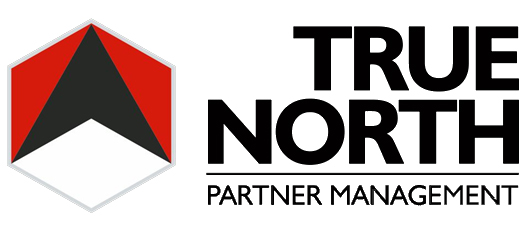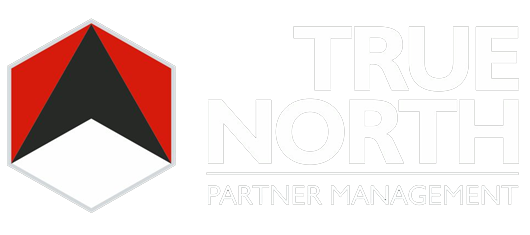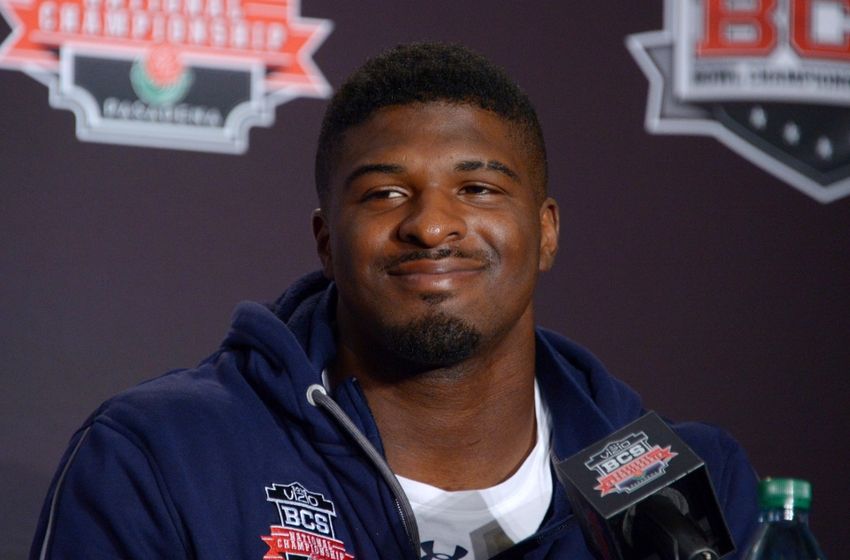The following post originally appeared on Forbes | July 28, 2014
Dee Ford: 6’ 2”, 252-pounds. As the 23rd overall draft pick, he ran a 4.54-forty, performed a 40.5 inch vertical, and bench pressed 225-pounds 29 times at his pro day. He also completed his 2013 season at Auburn with 10.5 sacks, despite missing two games with a sprained knee. And if that isn’t enough to impress you, he is an accomplished pianist. Dee Ford is about as far from the middle of the genetic bell curve as one can be while still being considered human. But even with stats like these, up until May of this year, Ford’s income placed him well into poverty status; it was zero.
This is not unusual for a college football player, and while NCAA amateurism is a discussion for another time, it, along with myriad other challenges most NFL players-and other professional athletes-face while managing their money, does present a question worth pondering: Who is responsible for helping these players prepare for their future? We touched upon this in an earlier piece on NFL bankruptcies.
Fortunately for Ford, he and his agent, Adisa Bakari, negotiated a warm-and-fuzzy, fully guaranteed four-year contract with the Kansas City Chiefs for $8.16M, which includes a $4.25M signing bonus. Wealth like this isn’t without its challenges, however: We see it level unprepared recipients often enough. And while rampant in the professional sports arenas, wealth and fame’s victims are scattered, heavily, across the entertainment industry as well.
I was able to grab Ford for a quick Q&A earlier this month in Vegas, where he was attending a financially-oriented NFL player’s retreat hosted by his Agent, Adisa Bakari of Kelley Drye’s Sports Entertainment Group. I found an interesting perspective from eyes that are fresh onto the NFL scene. See our exchange in the video below:



